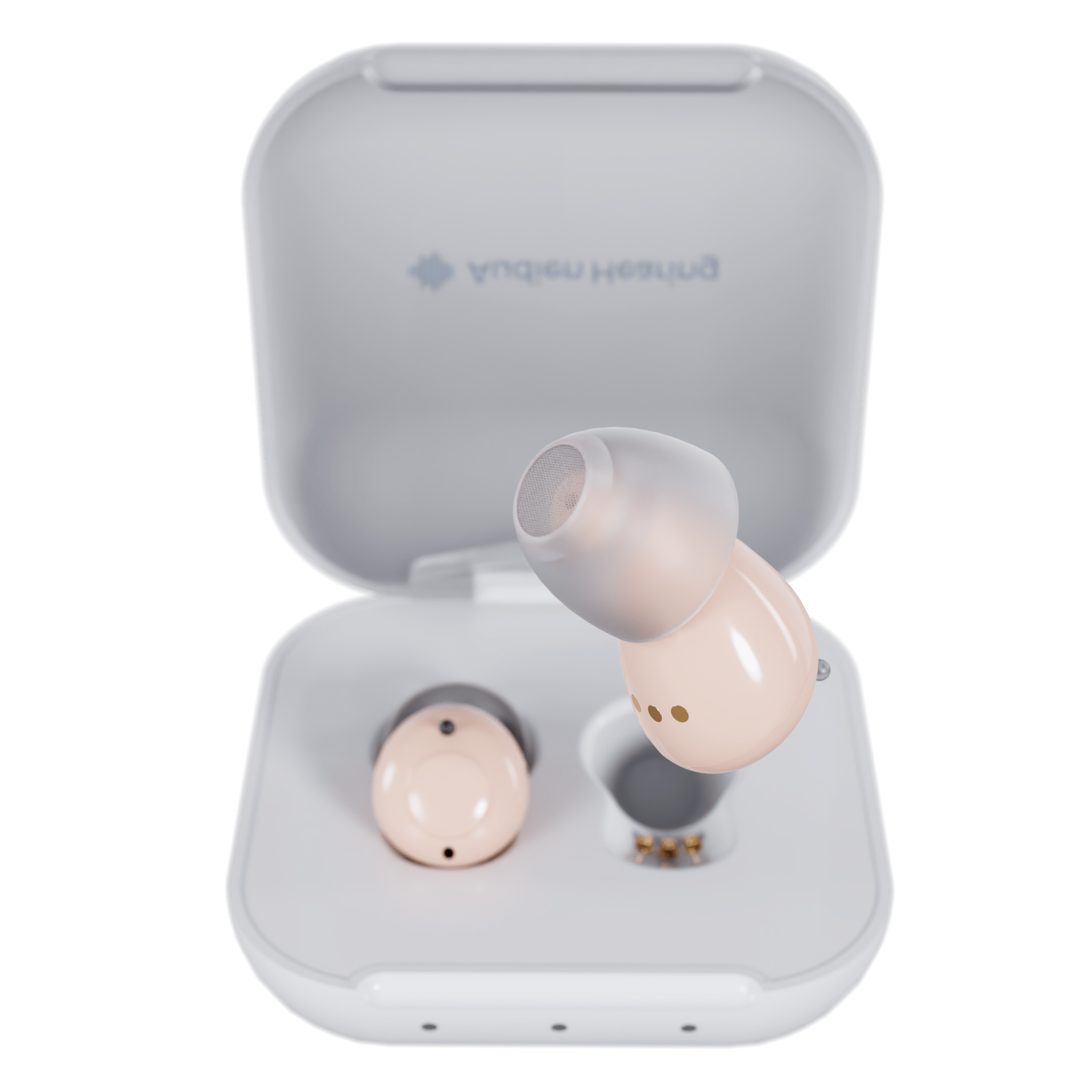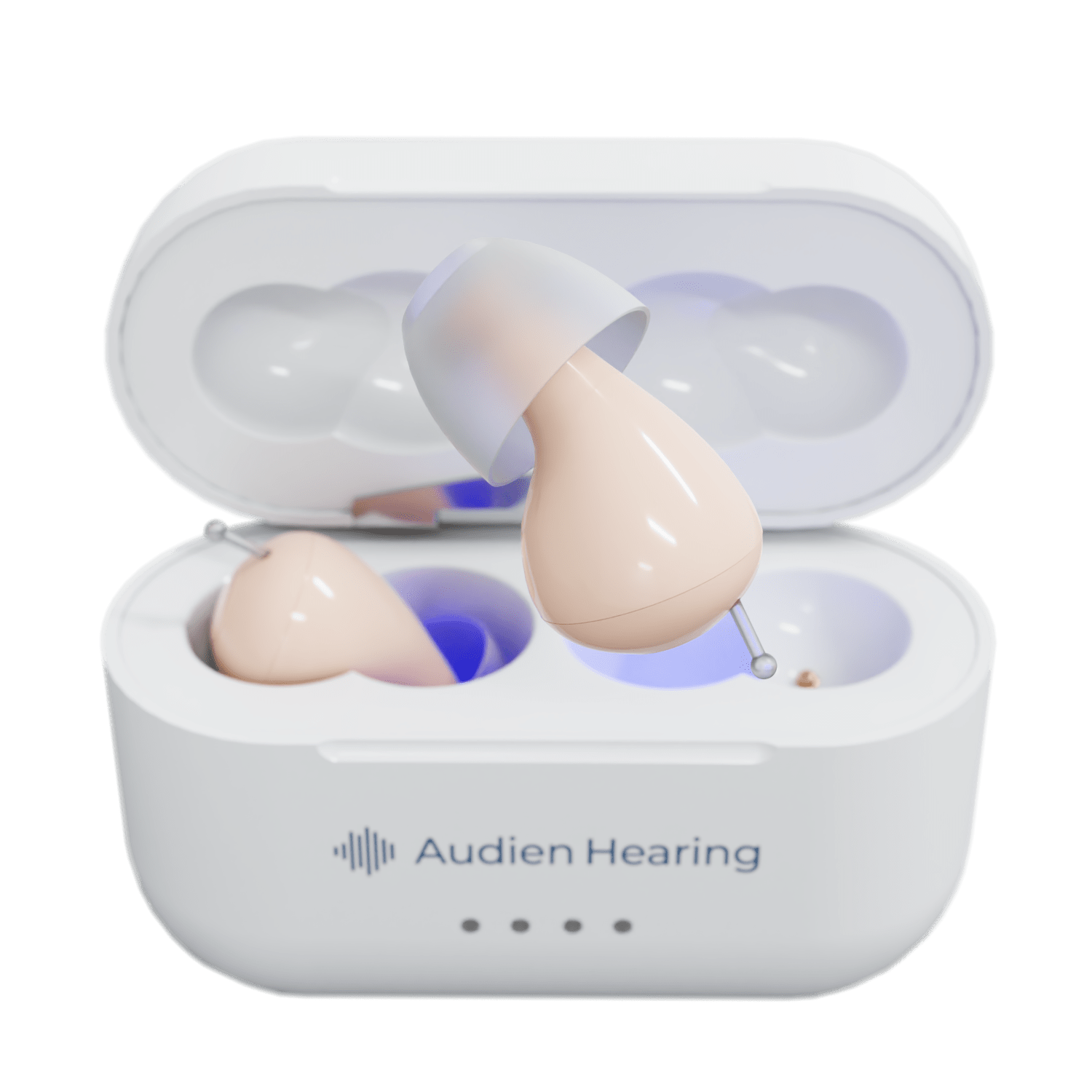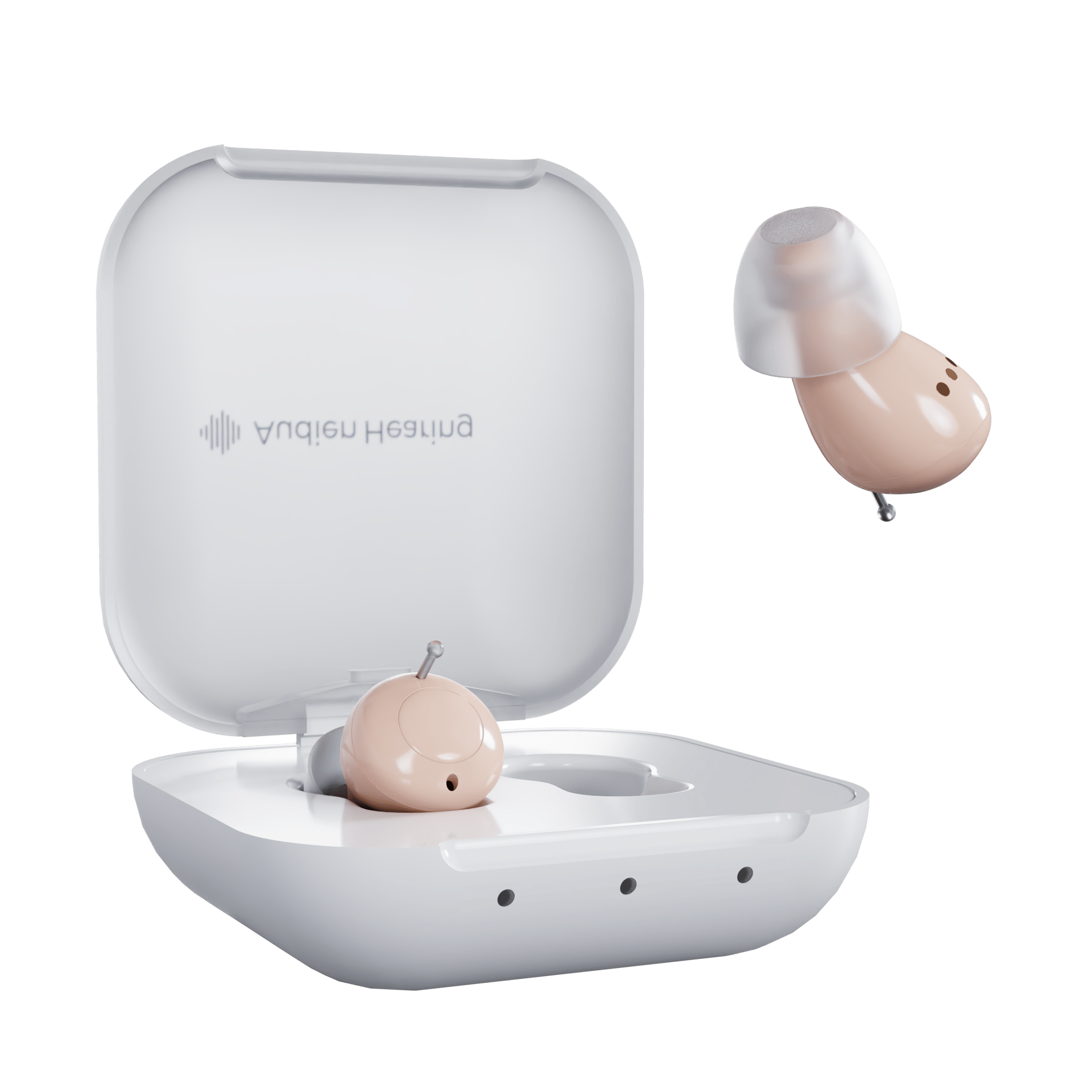In subjective tinnitus, only the patient perceives sound. You, the subject, hear buzzing or humming, but an examiner has no way of hearing what you hear. However, a doctor can see your brain’s reaction to what you are experiencing with a scan. Usually caused by hearing loss, subjective tinnitus can come on suddenly and last for three to twelve months. The symptoms can come and go and vary in intensity. Sometimes the ringing, buzzing, roaring, or clicking becomes permanent. Subjective tinnitus usually has no cure, but treatments can reduce the sound's intensity and help sufferers live more comfortably with the symptoms.
Non-Pulsatile/Non-Rhythmic Tinnitus

The medical community also calls subjective tinnitus either non-pulsatile or non-rhythmic tinnitus, because it does not have anything to do with the cardiovascular system. In other words, the sound does not relate to the beating of the heart or movement of blood through the arteries. The second, less common, type of tinnitus, objective tinnitus, is caused by defects in the cardiovascular system. With objective tinnitus, also called pulsatile or rhythmic tinnitus, the patient hears a rhythmic sound that pulses with the heartbeat. Subjective/non-pulsatile/non-rhythmic tinnitus contrasts with objective/pulsatile/rhythmic tinnitus.
Causes of Subjective Tinnitus

Subjective tinnitus, the most common type of tinnitus, accounts for over 90% of cases. Subjective tinnitus can be caused by external, middle, or inner ear conditions or problems with the brain's auditory nerves or pathways.
- Hearing Loss - Subjective tinnitus usually comes from hearing loss or damage due to exposure to noise such as loud music or machinery. The auditory and neurological reaction or overreaction to the hearing loss causes the phantom noise.
- Auditory Pathway - Subjective or non-rhythmic tinnitus can also be caused by problems with the hearing (auditory) nerves or the part of your brain that interprets nerve signals as sound (auditory pathways).
- Otosyphilis- A rare but treatable cause of subjective tinnitus is otosyphilis caused by neurosyphilis. Otosyphyilis, otic syphilis, or syphilitic labyrinthitis affects the inner ear. Syphilis, a venereal disease on the rise in recent years, can be treated with antibiotics. Treating the syphilis usually cures the tinnitus.
A doctor or examiner cannot hear your subjective tinnitus. Usually, this non-pulsatile or non-rhythmic tinnitus starts with hearing damage or loss. Subjective tinnitus treatments endeavor to improve a sufferer's quality of life.













